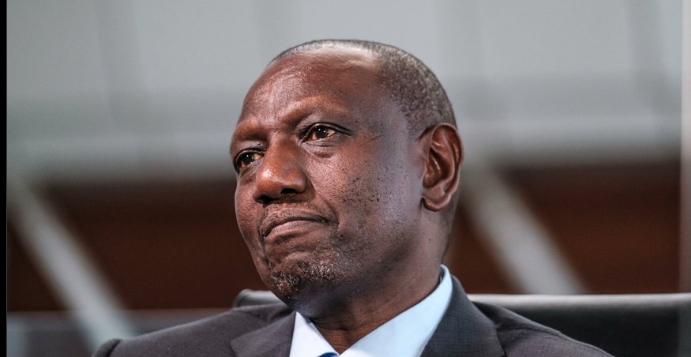- US President Donald Trump has directed his administration to implement new tariffs targeting countries with Value Added Tax (VAT), including Kenya.
- Trump argues that VAT systems unfairly disadvantage US goods entering foreign markets.
- The move could impact Kenyan exports to the US, especially under the African Growth and Opportunity Act (AGOA).
- If enforced, the tariffs could lead to higher costs of production, job losses, and reduced revenues for Kenya.
Trump’s Trade Policy Shift
In a statement on X (formerly Twitter), President Trump announced a policy change aimed at introducing reciprocal tariffs on countries that impose VAT on imports, stating:
“Whatever countries charge the United States, we will charge them – no more, no less!”
Trump emphasized that VAT systems act as a hidden tariff that raises the cost of US goods in foreign markets. His administration will now treat VAT policies as trade barriers and impose tariffs accordingly.
Kenya applies a 16% VAT on imported goods, including those from the US, while its exports to the US are zero-rated, making them cheaper in American markets.
Potential Economic Impact on Kenya
1. Disruptions to AGOA Benefits
Kenya has exported $6.5 billion (Ksh 840B) worth of garments duty-free under AGOA since 2000.
The country is the top apparel exporter under AGOA, surpassing Lesotho, Mauritius, and Madagascar.
Additional $577 million (Ksh 74.5B) in nut exports have also benefited from duty-free access.
The new tariffs could make Kenyan products more expensive, reducing competitiveness in the US market.
2. Higher Production Costs and Job Losses
Increased tariffs may raise the cost of production for businesses relying on US imports.
If Kenya’s exports decline, it could lead to job losses in sectors like textile, manufacturing, and agriculture.
3. US-Kenya Trade Relations at Risk
The Kenya-US trade agreement, which has been under negotiation since 2020, could face setbacks.
Trump’s move signals a tougher stance on trade, potentially limiting Kenya’s access to US markets.
Trump’s Justification
Trump defended the decision, stating that tariffs:
Protect American industries by making foreign goods more expensive.
Generate direct income for the US government.
Level the playing field, ensuring fairness in global trade.
“If a country feels the US is charging too high a tariff, they can simply lower their own tariffs against us,” he added.
What’s Next for Kenya?
With the policy shift, Kenya may need to:
Negotiate trade exemptions with the US to maintain AGOA benefits.
Explore alternative markets to reduce reliance on the US.
Reevaluate its VAT policies to mitigate the impact of new tariffs.
While Trump’s policy aims to boost US trade competitiveness, it could pose significant economic challenges for Kenya and other VAT-charging nations.







